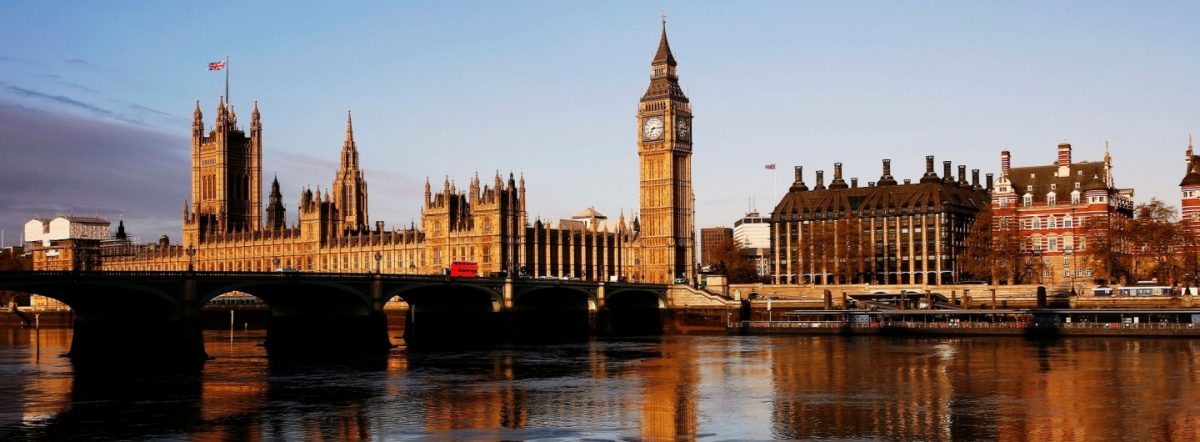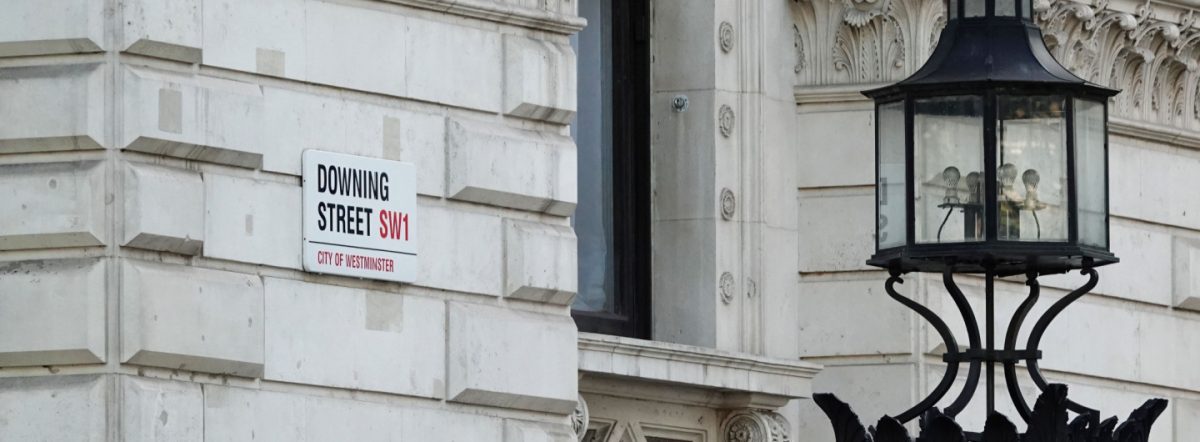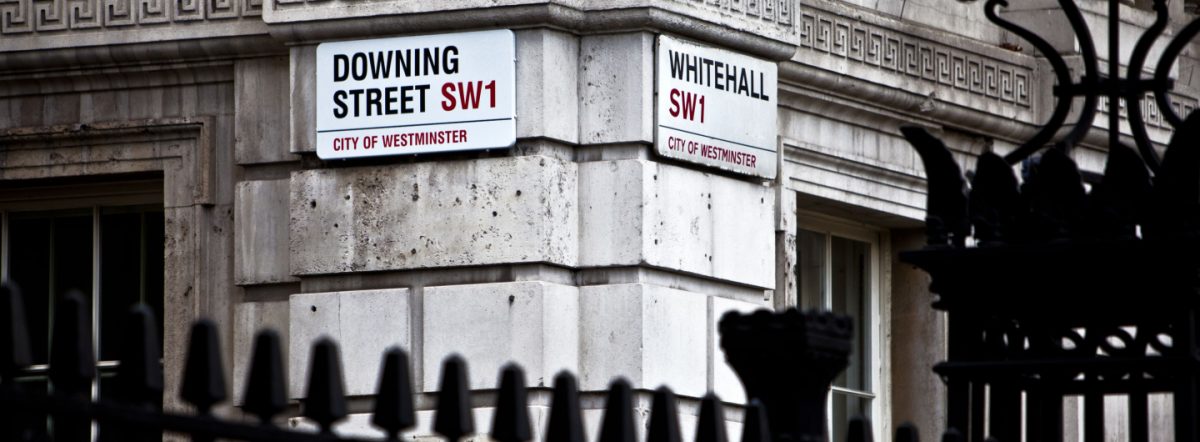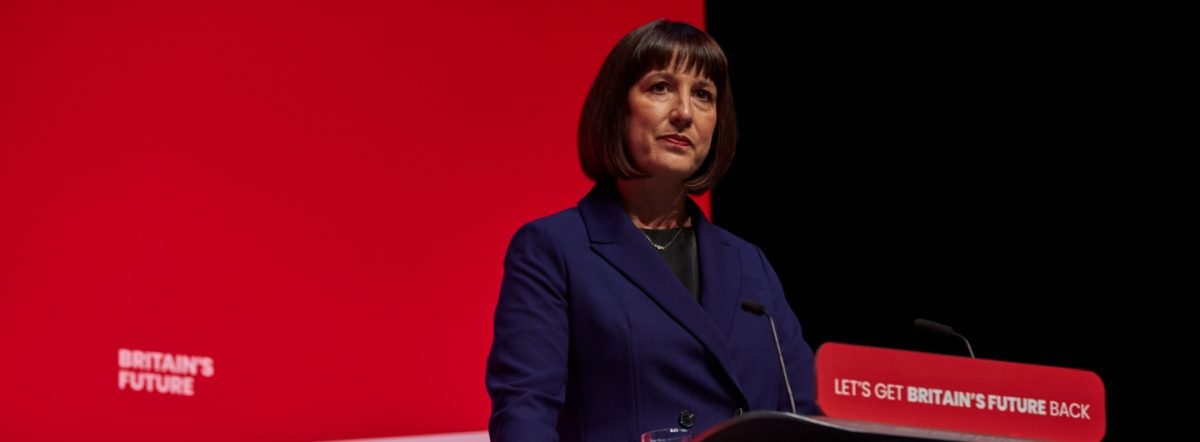Over four-fifths (84%) of older people with a long-term health condition or disability claim they will no longer get Winter Fuel Payments according to new research. [1]
The figures, reported in the Daily Express, suggest that one in five (19%*) people who have long-term health conditions or disabilities, are over 66 and say they will no longer likely get Winter Fuel Payments claim that they are worried about their own safety because of the risks of living in a cold damp home this winter. This compares with 17% of the general public and 14% of all over 65s.
The figures* also indicate that those respondents who claim they are no longer eligible for Winter Fuel Payments and have a physical disability are more likely to live in a home that is often cold and damp than the general population.
81% of older people who are already worried about cold and damp in their own homes claim they will not get Winter Fuel Payments.
While owner occupiers are most likely to no longer get Winter Fuel Payments, 77% of older people who rent will miss out, with those in social housing* especially affected by the cuts.
Commenting on the figures, a spokesperson for the End Fuel Poverty Coalition, commented:
“The data is yet another warning sign. The indications are that older people who no longer get the Winter Fuel Payment are more likely to suffer in cold damp homes this winter than the general public.
“For those pensioners with a physical disability, the situation is potentially even worse. Many do not have access to the means tested benefits needed to claim the Winter Fuel Payment and the Government must urgently assess the impact on this group in particular and provide more support for them.
“Until the Government fully implements its plans to improve insulation and ventilation of buildings as well as stabilise energy costs, vulnerable households will continue to need financial support.
“That’s why the Winter Fuel Payments were so important. The money provided help for older households to stay warm each winter. Sadly, now more older people are expected to live in cold damp homes this winter and this puts them at greater risk of ill health, with over quarter of a million older people becoming so ill they will be forced to the doors of the NHS.”
James Taylor, Scope’s executive director of strategy and social change, said:
“These findings are a shocking indictment of a plan that will leave older disabled people in an impossible situation this winter.
“Life already costs more when you’re disabled. Higher electricity bills because of medical equipment to power. Higher heating bills because of health conditions affected by the cold.
“Since the start of this crisis, we’ve heard from disabled people who are going without heating and forgoing medical treatment. Sacrifices that put their health at risk.
“While some disabled pensioners receive pension credit, there are an alarming number who will miss out this winter. We’d urge anyone who thinks they could be eligible to apply, or to get in touch with our helpline for advice.
“We desperately need a longer-term solution for the eye-watering energy costs many disabled people face, which is why we’re calling for the government to bring in discounted bills for disabled households.”
ENDS
[1] Winter Fuel Payment research by Opinium (undertaken 7-8 Oct 2024, sample of 2,014, weighted to be politically and nationally representative).
Among respondents aged over 66, 88% say they do not receive a qualifying benefit and, therefore, will no longer get the Winter Fuel Payment in winter 2024/25. 2% preferred not to answer or did not know, leaving 10% saying they are on a qualifying benefit.
2024 voting behaviour
90% of Labour voters aged over 66 claim they will no longer get the Winter Fuel Payment
89% of Conservative voters aged over 66 claim they will no longer get the Winter Fuel Payment
96% of Lib Dem voters aged over 66 claim they will no longer get the Winter Fuel Payment*
80% of Reform voters aged over 66 claim they will no longer get the Winter Fuel Payment
Region
93% of Scots aged over 66 claim they will no longer get the Winter Fuel Payment*
91% of people aged over 66 and living in southern England claim they will no longer get the Winter Fuel Payment
88% of people aged over 66 and living in London claim they will no longer get the Winter Fuel Payment*
87% of people aged over 66 and living in the English Midlands claim they will no longer get the Winter Fuel Payment
85% of people aged over 66 and living in northern England claim they will no longer get the Winter Fuel Payment
81% of people aged over 66 and living in Wales or Northern Ireland claim they will no longer get the Winter Fuel Payment*
* indicates that the base sample is below 50 and caution should be taken in using or reporting on this figure with more detailed research required to confirm the findings.










